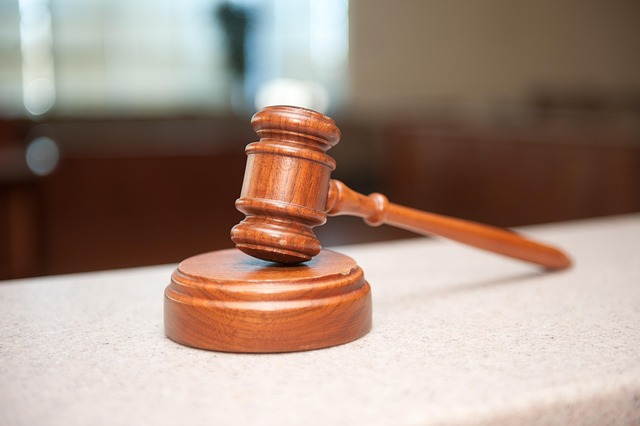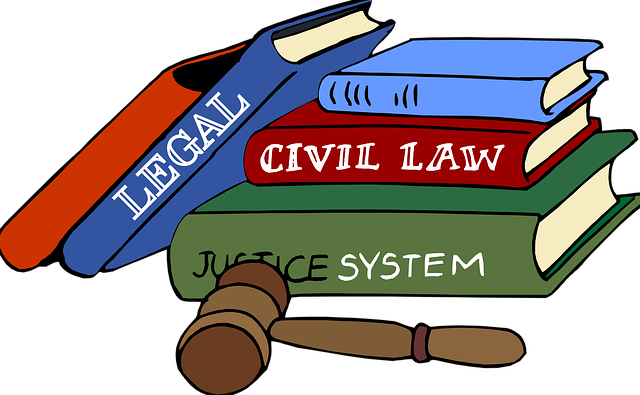Regulatory Fraud Laws are essential for maintaining fair competition and public trust, preventing deceptive practices across sectors like finance, healthcare, and environmental regulations. These laws play a critical role in resolving joint property ownership conflicts, protecting parties from fraudulent schemes. Understanding definitions like "fraud," "misrepresentation," and "deception" is vital for corporate and individual clients to avoid legal repercussions, maintain compliance, and facilitate dispute resolution through open communication, transparency, and proactive strategies guided by specialized lawyers.
Regulatory fraud laws are essential tools in combating deceptive practices that undermine fair markets. This article delves into the intricate world of these laws, focusing on their key definitions and scope. We explore a critical aspect often overlooked: joint property ownership, where potential conflicts arise due to differing interests. Furthermore, we discuss effective legal strategies and enforcement mechanisms for resolving disputes, with a particular emphasis on navigating complex situations related to shared property holdings. Understanding these aspects is crucial for both professionals and individuals alike in mitigating risks and ensuring compliance.
- Understanding Regulatory Fraud Laws: Key Definitions and Scope
- Joint Property Ownership: Identifying Potential Conflicts
- Resolving Disputes: Legal Strategies and Enforcement Mechanisms
Understanding Regulatory Fraud Laws: Key Definitions and Scope

Regulatory Fraud Laws are designed to combat a wide array of deceptive practices that undermine fair competition and public trust. At their core, these laws aim to protect consumers, investors, and businesses from schemes that exploit vulnerabilities in regulatory frameworks. Understanding the key definitions and scope of these laws is crucial for both corporate and individual clients navigating complex legal landscapes, especially in high-stakes cases.
Central to Regulatory Fraud Laws are terms like “fraud,” “misrepresentation,” and “deception.” Fraud involves intentional misconduct with the goal to deceive or defraud another party. Misrepresentation occurs when false statements are made with the intention of influencing a person’s decision, while deception encompasses any act that withholds or distorts the truth. These laws apply across various sectors, including finance, healthcare, and environmental regulations, targeting both white-collar and economic crimes. Resolving Joint Property Ownership Conflicts is another critical aspect where Regulatory Fraud Laws come into play, ensuring that parties are not victimized through fraudulent schemes related to shared assets.
Joint Property Ownership: Identifying Potential Conflicts

Joint property ownership can present unique challenges when it comes to regulatory compliance and fraud prevention. When two or more individuals own a property together, their interests may diverge, leading to potential conflicts that could, if unaddressed, result in serious legal repercussions. These conflicts often arise from differing financial goals, risk tolerances, or even personal relationships that can impact decision-making. For instance, one owner might wish to sell the property while the other prefers to retain it, or disputes over maintenance and repair costs can strain the partnership.
Resolving these joint property ownership conflicts is crucial in avoiding indictment across the country for his clients. Lawyers and financial advisors play a vital role here, helping stakeholders to navigate these complexities. They can facilitate open communication, ensure transparency, and provide strategies for resolving disagreements amicably or through legal means. By addressing potential issues early on, property owners can protect their assets and maintain compliance with regulatory fraud laws, thereby avoiding the pitfalls that often befall those who let conflicts fester.
Resolving Disputes: Legal Strategies and Enforcement Mechanisms

In resolving disputes, especially those involving complex matters like joint property ownership conflicts, understanding regulatory fraud laws is paramount. Legal strategies for navigating such scenarios often include meticulous documentation, transparency, and proactive communication between all parties. Lawyers specializing in white-collar defense can guide clients through the intricacies of these laws to avoid indictment. This process involves a comprehensive review of financial records, business practices, and legal agreements to ensure compliance with regulatory standards.
Enforcement mechanisms are triggered at various stages of the investigative and enforcement process, demanding swift action from both regulators and individuals alike. Effective dispute resolution requires staying informed about changing regulations, proactively identifying potential violations, and implementing measures to rectify them before official intervention. Proactive strategies not only mitigate legal risks but also foster a culture of ethical conduct, thereby safeguarding joint property ownership rights.
Regulatory fraud laws are essential tools for maintaining integrity in various sectors. By understanding key definitions, the scope of these laws, and implementing effective strategies for resolving disputes, especially regarding joint property ownership conflicts, we can foster a more transparent and trustworthy environment. Navigating these legal mechanisms promptly enables businesses and individuals to protect their interests and ensures compliance with regulatory standards. In terms of resolving joint property ownership conflicts, proactive measures and a solid grasp of these laws are vital to avoid costly mistakes and maintain harmonious relationships.






